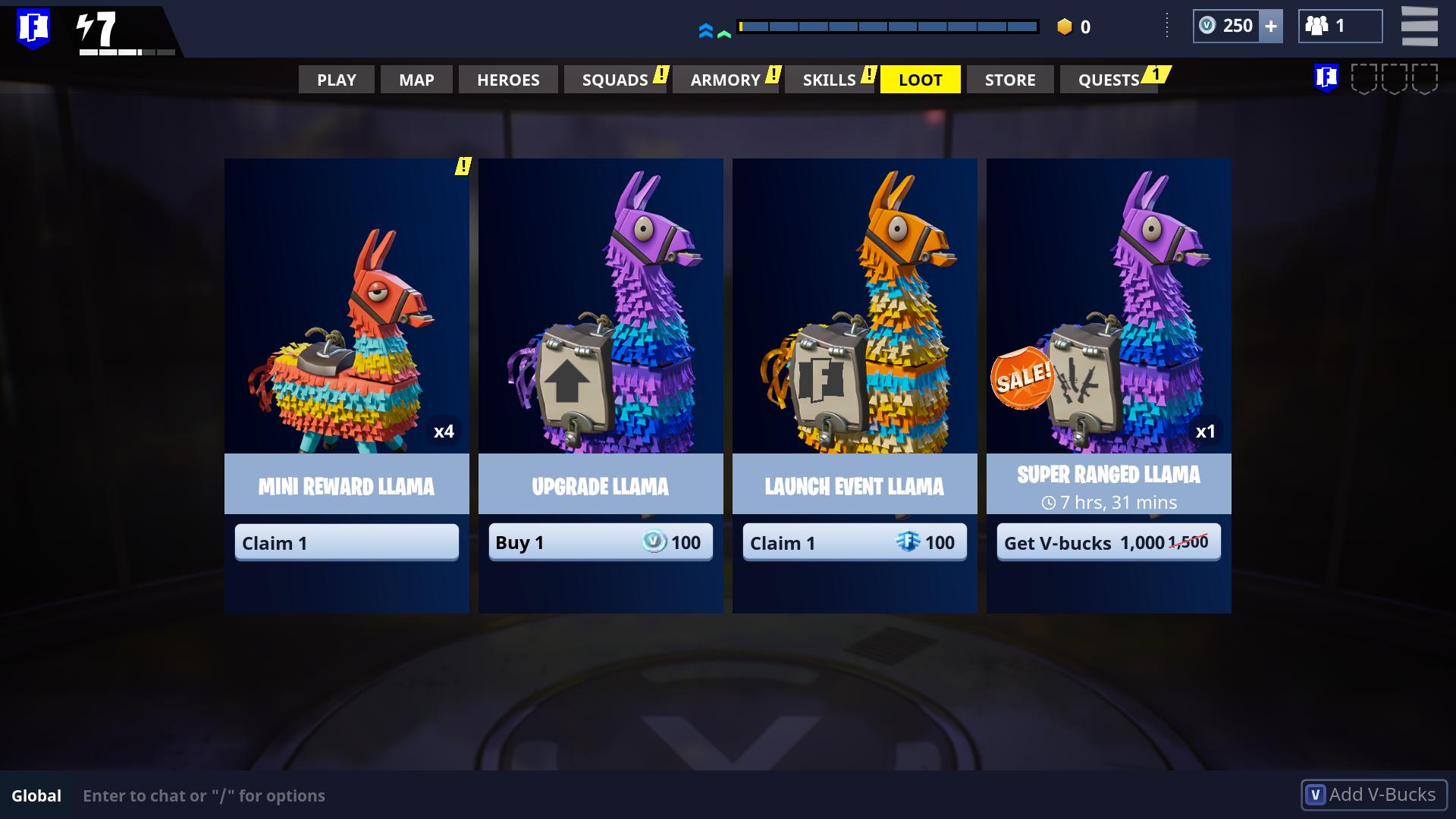I’ve written before on the creative choices that games provide for their players. Whether it’s building your own aesthetically pleasing farm in “Stardew Valley” or tweaking your PvP build for “Dark Souls III,” the choices you make as a player can show something about who you are.
However, both “Stardew Valley” and “Dark Souls III” follow the traditional, retail format of a one-time purchase. In recent years however, developers have used a new format, the free-to-play model, in order to get their games in as many player’s hands as possible.
Free-to-play titles, including Gemix slot games, work much in the same way that any application with in-app purchases does. While the game itself is free to download, there are in-game items that a player can purchase with real-world currencies.
These online purchases often come in the form of what players call “cosmetics.” These items have no effect on the gameplay of a free-to-play game and simply allow the players to choose from a myriad of cosmetic options to outfit their character.
One of the more recent success stories of the free-to-play model comes in the form of “Fortnite: Battle Royale.” The gameplay of “Fortnite” involves up to 100 individual players all pining for the position of last man standing on an enormous map.

Rather than having dedicated spawn points at the beginning of each match, players load up into a magical school bus that flies over the virtual arena. While the bus makes its trip across the map, players can jump out at any time and parachute to a starting point of their choosing. Once every player leaves the flying bus, the battle royale is on.
Earlier this year, Forbes reported that “Fortnite” made over 120 million dollars in the month of February. This kind of financial success rarely comes in the gaming industry. The immense accomplishment that Epic Games have achieved with “Fortnite” shines a light on what players want out of their gaming experiences.
Within a multiplayer setting, a player’s virtual embodiment is of the utmost importance. The aesthetic choices that any given player makes says a lot about who that player might be.
Through this creation of an in-game ethos, players make rhetorical appeals through the cosmetic items they purchase and wear throughout their time with the game. One great example of this came in the form of some promotion within “Fortnite” for the new film in the “John Wick” franchise.
If “Fortnite” players were good enough, they could earn a rare, cosmetic outfit in order to show off to their opponents just how skilled they are at the game. On the other hand, players could also buy the “John Wick” outfit for a high price in order to establish a fraudulent ethos, perhaps to scare off other opponents in the battlefield.

A player’s virtual embodiment within a multiplayer setting establishes an ethos that surrounds a player’s skill. If someone in a free-to-play game is wearing a cosmetic that’s worth quite a lot of money, one can assume that they’ve either got way too much time on their hands or that they stole their parent’s credit card to buy a new outfit for their in-game avatar.
At the end of the day, each of these examples tries to make an appeal for their skill within a particular game. After all, it’s the skill that separates the bad players from the good ones and the good players from the professionals.
The anonymity and autonomy that “Fortnite” offers to its players also lend to the creation of a player’s virtual ethos. Since opponents within the game can’t actually see one another at their respective gaming stations, the players of “Fortnite” are given free reign to reinvent themselves within the world of the game.
The free-to-play model offers players the choice to meticulously craft their in-game identity to suit whatever power-fantasy they wish to indulge themselves in.
The success seen by “Fortnite” cannot be understated and I believe that its success came due to the fact that not only is “Fortnite” an incredibly fun game to play, but also because there are so many ways for players to express themselves to one another within the game.
Through these expressions, gamers can create an ethos for themselves that they feel most comfortable with. Within the free-to-play format, players can decorate themselves in order to let their opponents know just how skilled they are at any particular free-to-play game that offers such aesthetic customization.
The ability to dress up your in-game character is but one thing that separates games from other forms of media. No other art form gives its audience the kind of autonomy that games can provide. The freedom to express oneself within a game offers players dozens of creative avenues to explore and discover.
While literature, film and music are modes for artists to carry across their individualized, rhetorical messages, some games welcome their audience with open arms and let them make their own creative choices within the world and rules of the game.
While the ability to play “Fortnite” for free certainly helped in getting a lot of players initially on board, this didn’t really help Epic Games make any money off of their immensely successful multiplayer shooter.
The money, as stated before, came through in-game purchases that players made to add to both their aesthetic and rhetorical appeals toward who they are and how skilled they are at any game which provides such a customizable player avatar.
Every aesthetic choice that a player makes within a game like “Fortnite” adds something to their virtual ethos. While the gameplay will always be considered the most effective way for players to express themselves, the aesthetic choices that they make also play a huge factor in how people enjoy the games they love.

















